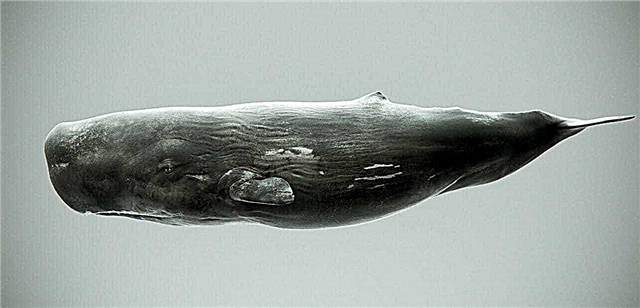
Motion sickness in a car is a fairly common and very unpleasant symptom, which, however, worries a large number of people.
It cradles more children than adults, but it is worth noting that some people suffer from an unpleasant symptom throughout their lives. And medicine has long given an answer to the question of why this is happening.
Motion sickness - physiological reaction
Nausea and vomiting when driving in a car, and sometimes when using other modes of transport, is a phenomenon that is associated primarily with the work of the vestibular apparatus. This is called “sea sickness,” and on water, during sea and river trips, the symptom manifests itself much more clearly, and in much more people.
This is due to pitching - during sea voyages during an unrest or storm, a manifestation of seasickness is observed in two-thirds of people. And in the car, nausea, vomiting, and other similar problems are also associated with shaking and pitching - which is why those passengers who ended up in the back seats are most affected. Sometimes it’s enough to transfer to a seat next to the driver to stop the trouble.
An interesting trend: many children are severely affected by motion sickness, but can easily tolerate motion sickness on water or in the air. With adults, everything is observed exactly the opposite.
How does this happen?
If a person rides in a car and starts to rock him, it means that the vestibular apparatus of his body began to malfunction. Or this may indicate problems in one of the departments of the nervous system. The vestibular apparatus must support the body strictly in a certain position, and a variety of organs are involved in controlling its position in space. The state of affairs is controlled by the eyes, receptors of the musculoskeletal system, the cochlea of the middle ear. The signals from all organs must match.
However, when driving in a car, it happens that before looking through the windows landscapes fly and change, while there are no special sensations of movement to other senses, and the body does not know how to react to such a situation. There is a failure. At the same time, it happens differently - a person sees in front of him the unchanging interior of the cabin, while other senses indicate shaking, which speaks of movement. And again, there are problems in receiving conflicting information, the body does not know how to react to it.
At the same time, a person may experience not only nausea or vomiting, but also panic attacks, other unpleasant symptoms, indicating that the brain cannot understand the situation and make a decision regarding what is happening.
What can cause motion sickness?
Among the phenomena that can provoke an attack of motion sickness, it is worth noting not only shaking in transport, but also others:
- Apathy or emotional stress, which was the day before;
- The smell of gasoline, other unpleasant odors in the cabin;
- Heat;
- Alcohol;
Motion sickness is not as harmless as it may seem. In fact, more serious problems may be hidden behind these symptoms. If these symptoms are experienced by an elderly person or a patient with hypertension, need to see a doctor. After all, before a stroke and in the initial stages of other diseases, the same symptoms may occur.
How to avoid motion sickness?
There are a number of techniques that can help nullify the symptoms of motion sickness, or even completely eliminate it. The methods are individual, it is worth trying them - each has its own help. You can take peppermint candies on the trip and suck them, do not drink alcohol and do not eat fat before the trip. You can also gradually accustom yourself to motion sickness, train the vestibular apparatus - it can really get used to this and stop reacting sharply. You can regulate breathing, refuse books, a phone or a tablet while traveling.
Motion sickness is often associated with genetics, this phenomenon is inherited. If you train a child from a young age - he will not face a problem in the future. Carousels are not only a means of entertainment, they help to train the vestibular apparatus. If you are prone to motion sickness - take action in advance. And if the attack started suddenly, but before that it didn’t happen - consult a doctor, this can be a serious symptom.












